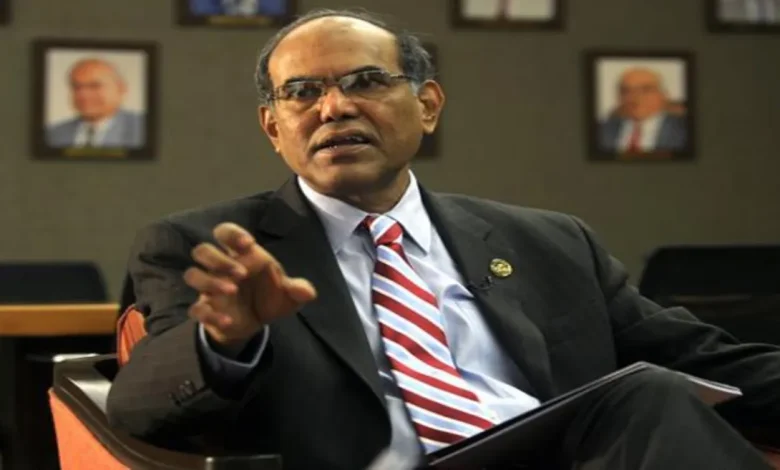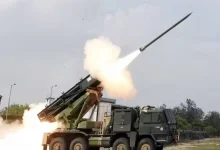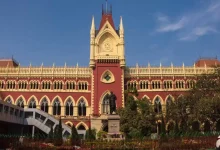
Former Reserve Bank of India Governor Duvvuri Subbarao has cautioned that India is confronting a dual threat from Donald Trump’s proposed 50% tariff on Indian exports and the potential for Chinese dumping in local markets. Speaking to the Indian Express, he indicated that these pressures could compromise manufacturing edge, reduce GDP growth by up to 50 basis points, and aggravate the nation’s jobless growth problem.
Also read: Trump Signals Potential 20-25% Tariff on India Despite Strong Ties
Subbarao, who guided India through the 2008 global financial crisis, noted that the US tariff plan particularly endangers labour-intensive sectors like textiles, footwear, and gems, jeopardizing exports equivalent to nearly 2% of India’s GDP about $79 billion or ₹7 lakh crore. “Margins will be eroded, orders diverted, jobs lost, and plants downsized,” he stated, forecasting a 20–50 basis points drag on growth depending on India’s handling and redirection of the impact.
He further warned about Beijing’s industrial overcapacity as an extra hazard, with Chinese exporters possibly shifting surplus products to India amid their own US tariff barriers. “We must also reckon with China’s possibility of dumping in our markets to compensate for their own loss of U.S. market share,” he advised.
Pressure on competitiveness and jobs
Subbarao explained that the combined US tariffs and Chinese dumping could impair India’s drive to enter global value chains through the China+1 strategy. He noted that the effects would be regressive, exacerbating income inequality and pressuring the formal job sector.
Reputational concerns from US remarks
Subbarao highlighted possible reputational harm following Trump’s comment on India becoming “dead like Russia.” “Even so, for India, being labelled a ‘dead’ economy by a U.S. president carries reputational costs,” he remarked. “Such comments can raise India’s risk premium, dent investor sentiment, and prompt portfolio reallocation even without direct policy actions.”
He emphasized that amid tightening global liquidity and rising borrowing costs, India needs to protect at-risk sectors and hasten structural reforms to uphold investor trust and macroeconomic balance.
Also read: Shashi Tharoor Criticises US For Imposing Extra 25% Tariff On Indian Goods
Impact on fiscal and monetary policies
Addressing trade tariffs’ influence on policy, Subbarao said India’s fiscal consolidation could face disruptions if impacted sectors require temporary assistance. After the recent policy review, he mentioned the RBI is tracking tariffs’ effects on growth, inflation, and the rupee. If tariffs spur inflation and currency weakening, interest rates might remain elevated; a severe growth slowdown could lead to easing. He added that policy will stay data-driven and prudent.




